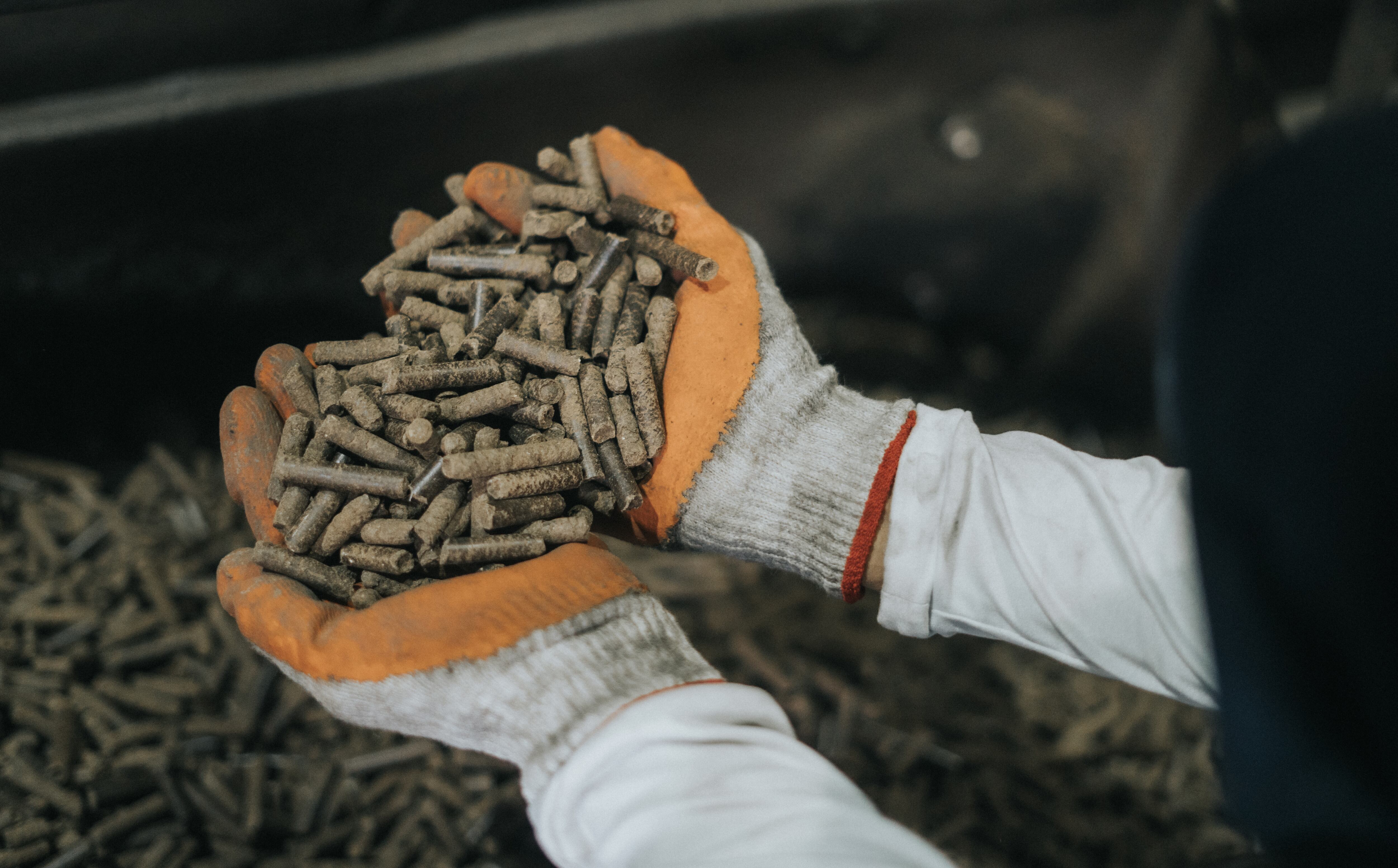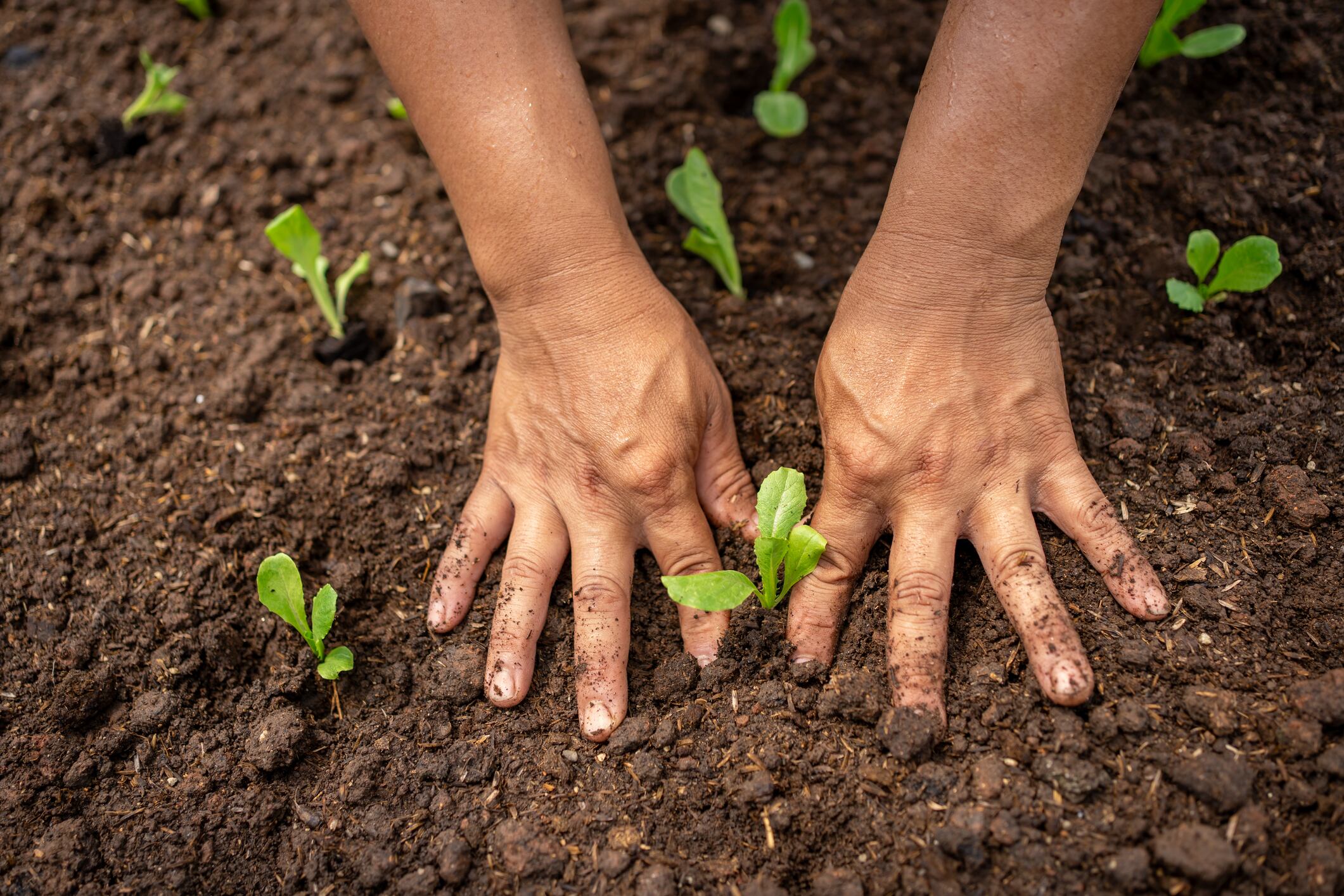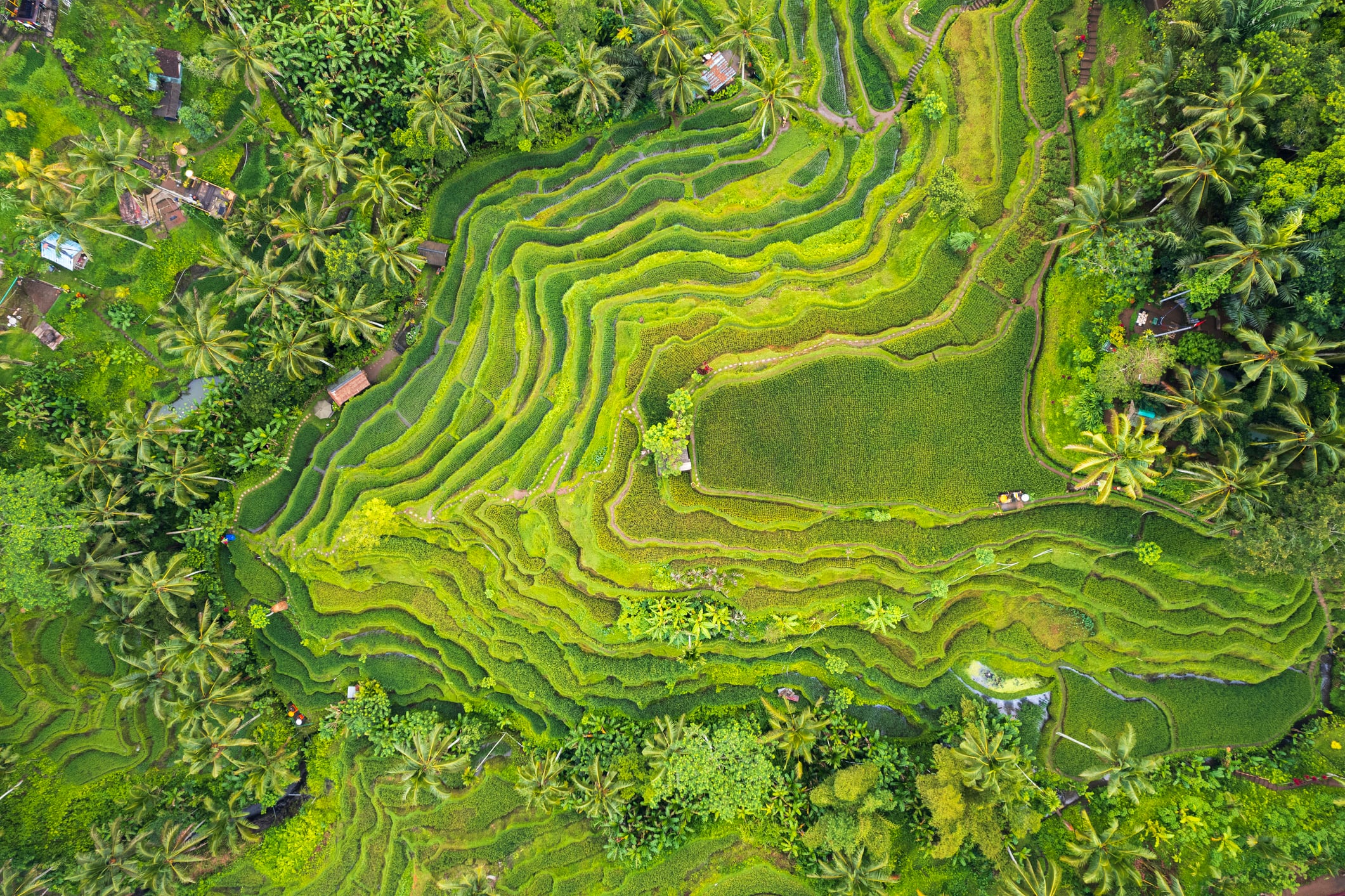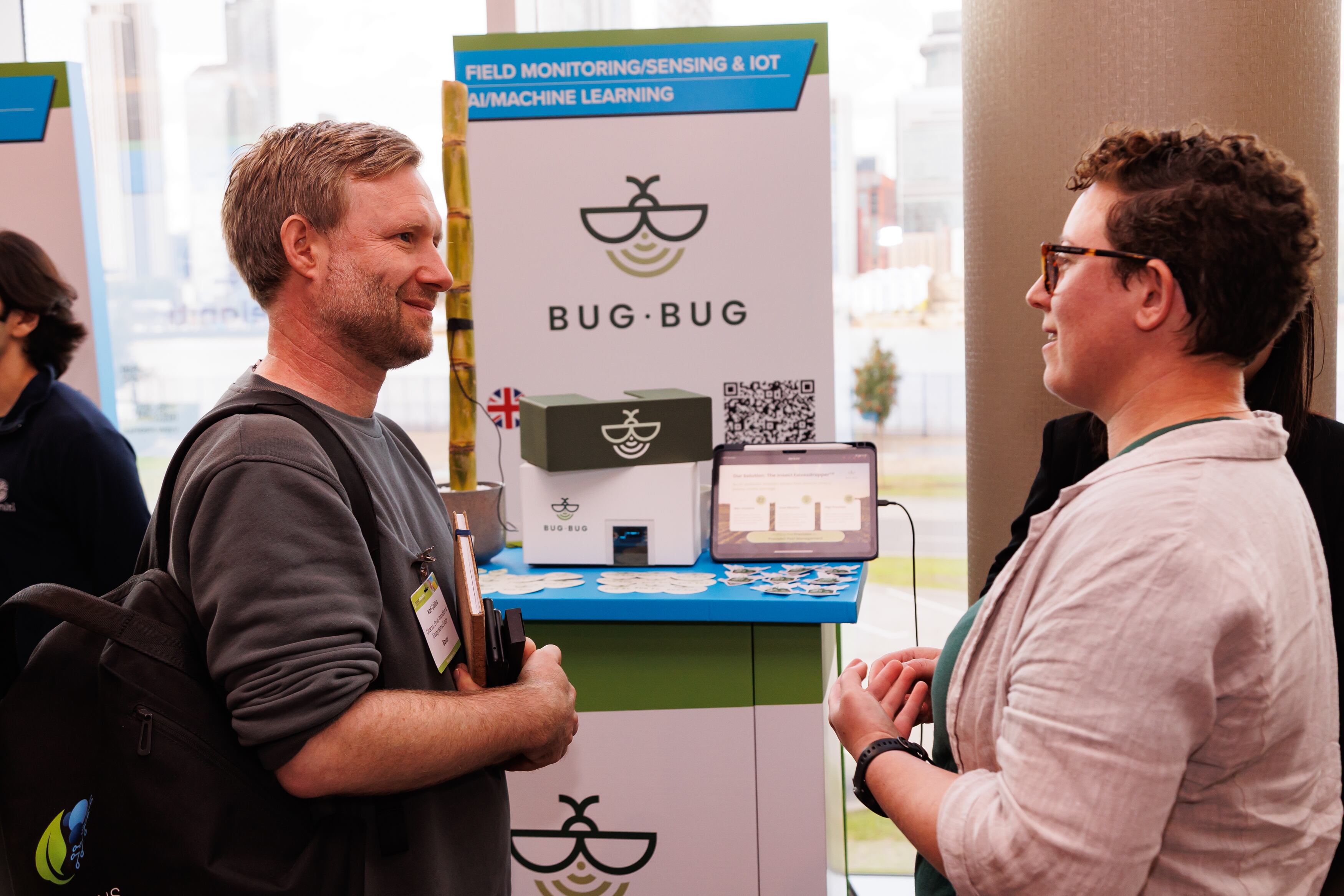The Singaporean company has secured over U$10 million in LOIs with leading multinationals and closed S$1.1m (U$847,526) in seed funding.
The round included participation from ENGIE Factory, Wright Partners, AlphaGen VC, Auravia Capital and Jun Umali from Manila Angel Investors Network (MAIN).
With this momentum, the firm is poised to expand its operations in the Philippines with its first commercial-scale manufacturing plant, which will have a production capacity of 12,000 tonnes per year.
Speaking to AgTechNavigator, Jeremy Tan, CEO of Verta Bioenergy, affirmed the company’s confidence in achieving profitability in 12 months, noting how that the company has ramped up from concept to commercialisation in a year.
“We’ve gone through to combustion trials, proving value to customers and even securing purchase orders. We’re seeing a very steady, predictable ramp up of sales orders. R&D and product development have been validated in the last couple of months. We’ve also navigated regulatory and permitting hurdles, which gives us confidence as we move toward profitability post-seed funding.”
At the same time, the company is developing a solar-powered dryer to further enhance its sustainability and cost-effectiveness. Furthermore, being powered by solar means it will be less susceptible to power outages, allowing it to function off the grid.
“One of the main considerations when we landed on this solar dryer was to make it off-grid such that it can work 24/7, even with power out, in case of circumstances like a typhoon,” said chief operating officer Timothy Khor.
The development of the solar-powered dryer will help lower costs and allow the company to scale more efficiently moving forward.
“Our aim is to become SEA’s number one clean industrial fuel provider, replacing coal with biomass,” said Tan.
“We see ourselves replacing millions of tonnes of coal across the region – not just in industries, which we know we can achieve, but also in power generation. Our goal is to eventually help power cities with our biomass solutions, scaling production in the Philippines and other target markets. This is something we’re very excited about as we work to fulfil this vision.”
‘Waste into gold’
Verta Bioenergy was part of the ENGIE Factory program by the ENGIE Group, a French energy company.
The firm developed biomass pellets made from agricultural and livestock waste that aimed to replace coal in industrial applications.
In early trials, its biomass pellets have been able to reduce sulphur dioxide by 48%, carbon dioxide by 14%, and carbon monoxide by 33%.
Verta’s pellets can be tailored to a company’s technical needs, budget, and sustainability goals.
Despite these benefits, the firm claims that its biomass pellets are cost-competitive with coal and its alternatives.
These factors are important for markets like the Philippines as well as Thailand and Indonesia, where the firm plans to target next.
“First and foremost, we’re very much focused on the Philippines, purely because of the commercial traction we’ve had and the investments we’ve made. That’s really our solid revenue engine. Beyond that, we’re looking at adjacent markets with similar dynamics – issues like high coal prices – such as Indonesia and Thailand. Beyond that, we’re looking to export to these markets, establishing a strong base first. The focus is really on ensuring all markets are solidified and serving clients well before expanding to other countries,” said Tan.
The firm has already conducted small-scale trials with clients, particularly in Indonesia.
“This is very new to SEA. Burning livestock waste hasn’t really been done before and is often seen as a nuisance. But we showed them it was sanitised and clean and they came back to us saying that we were turning their waste into gold,” said Khor.





